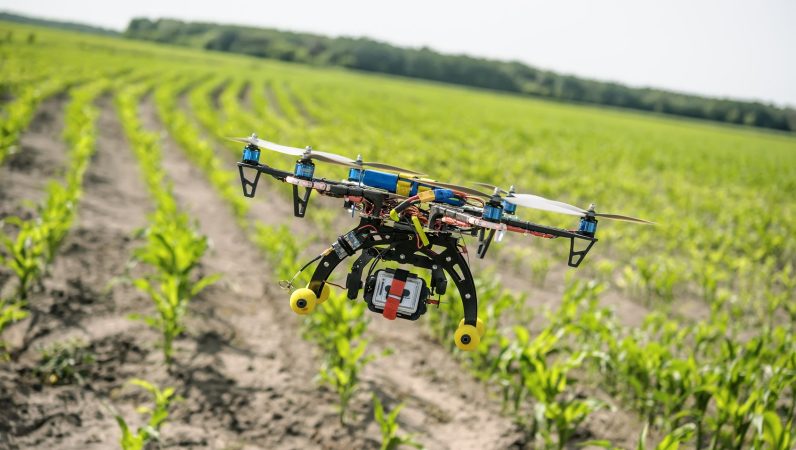In recent years, the integration of Internet of Things (IoT) technology into the agriculture industry has revolutionized the way farmers approach their work. By connecting various sensors, devices, and machines to the internet, farmers can now gather real-time data, automate processes, and make more informed decisions to improve crop yield, reduce resource wastage, and increase overall efficiency.
Enhancing Crop Monitoring and Management
IoT devices such as soil moisture sensors, weather stations, and drones enable farmers to monitor their crops more effectively. By collecting data on factors such as soil moisture levels, temperature, and pest infestations, farmers can identify potential issues early on and take proactive measures to address them. This real-time monitoring allows for precision agriculture practices, where resources like water and fertilizers are applied only where and when they are needed, reducing waste and environmental impact.
Optimizing Resource Management
IoT technology also helps farmers optimize the use of resources such as water, energy, and fertilizers. Smart irrigation systems can adjust watering schedules based on real-time weather data and soil moisture levels, ensuring that crops receive the right amount of water without overwatering. This not only conserves water but also reduces energy consumption and lowers operating costs.
Improving Livestock Monitoring and Health
IoT devices are not only beneficial for crop farming but also for livestock management. By using sensors to monitor the health and behavior of animals, farmers can detect diseases early, track the location of livestock, and ensure proper feeding and care. This data-driven approach to livestock management leads to healthier animals, higher productivity, and better quality products.
Implementing Precision Farming Techniques
One of the key advantages of IoT in agriculture is the ability to implement precision farming techniques. By using data from sensors and IoT devices, farmers can create detailed maps of their fields, identify areas with specific needs, and tailor their farming practices accordingly. This targeted approach to farming not only increases efficiency but also reduces the environmental impact of agriculture.
Challenges and Opportunities
While the adoption of IoT in agriculture presents numerous benefits, there are also challenges that farmers need to be aware of. Issues such as data security, connectivity, and interoperability between different devices can pose obstacles to implementation. However, as technology continues to advance, the opportunities for innovation and improvement in agriculture are vast.
The Future of IoT in Agriculture
As the agriculture industry continues to evolve, the role of IoT technology will become increasingly important. By leveraging the power of data and connectivity, farmers can transform their operations, increase productivity, and meet the growing demand for food in a sustainable way. The future of agriculture is undoubtedly connected, intelligent, and efficient, thanks to IoT.
